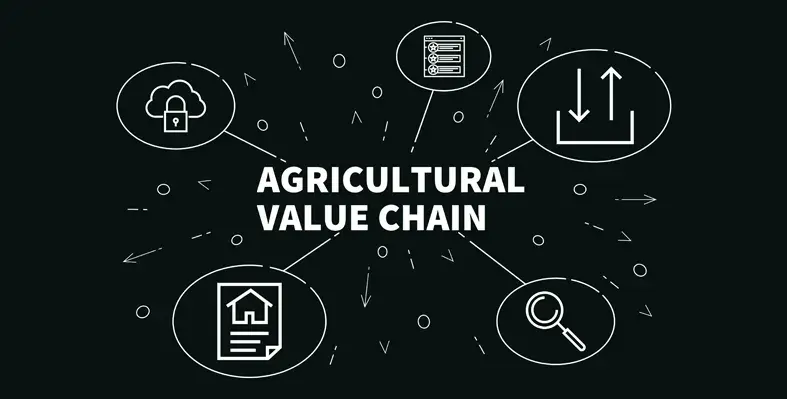The Federal Government has recognised the role of Moniepoint Inc in transforming Nigeria's agricultural sector, particularly in enhancing the resilience of the agricultural value chain in the Northeast
The fintech company was lauded for its innovative digital payment solutions that are empowering smallholder farmers and facilitating greater financial inclusion.
The commendation came from Tope Fasua, the special adviser to the president on economic affairs, during the screening of a documentary titled “Inside Nigeria’s Food Chain” in Abuja. Fasua expressed his enthusiasm about the documentary, noting how it highlighted the crucial role of digital financial services in promoting economic inclusion in rural communities. “I am happy and thrilled at the many things that this documentary and case study captures. It’s an eye-opener for people to see all of the operations going on,” he said. He further acknowledged how Moniepoint is reshaping market dynamics by fostering digital payments in areas that have traditionally been distant from technology adoption.
Fasua also praised the resilience of local farmers, particularly in areas like Borno State, where despite ongoing security challenges, farmers continue to thrive. “We can see the resilience that our people have demonstrated in churning out grains, livestock, and agricultural products,” he remarked. He concluded by emphasising the importance of digital payments in advancing financial inclusion. “It is delightful to watch the confidence that the people have in digital payments, and Moniepoint has done a fantastic job in deepening adoption across the country,” he added.
The case study also showcased the strength of Nigeria’s informal, trust-based networks that underpin the food chain. These networks, built on generational knowledge and social capital, have proved to be more adaptable in times of crisis compared to formal institutions.
Edidiong Uwemakpan, vice-president of Corporate Affairs at Moniepoint, explained the purpose behind the documentary. She said, “In view of the amounts that we process monthly as a business, we sought to peel back the layers on the naira and kobo and uncover the stories behind the transactions and what they mean for Nigeria.” Uwemakpan also explained how Moniepoint’s success lies in tailoring its services to meet the lifestyle and trading habits of Nigerians.
She highlighted that Borno State, often portrayed negatively due to security concerns, actually has a diverse agricultural base that significantly contributes to feeding millions of Nigerians. “This documentary does not only focus on showcasing Moniepoint’s role in supporting food distribution, but it also reveals the state’s agricultural diversity,” she said.
Tolu Ogunlesi, communications expert also praised the project, noting its importance in highlighting both food security and the resilience of the people. “Watching the documentary, a lot of the towns mentioned became famous not for food but as Boko Haram affected regions. This project allows us to truly appreciate these areas for what they really contribute to the country’s socio-economic development,” Ogunlesi said.





